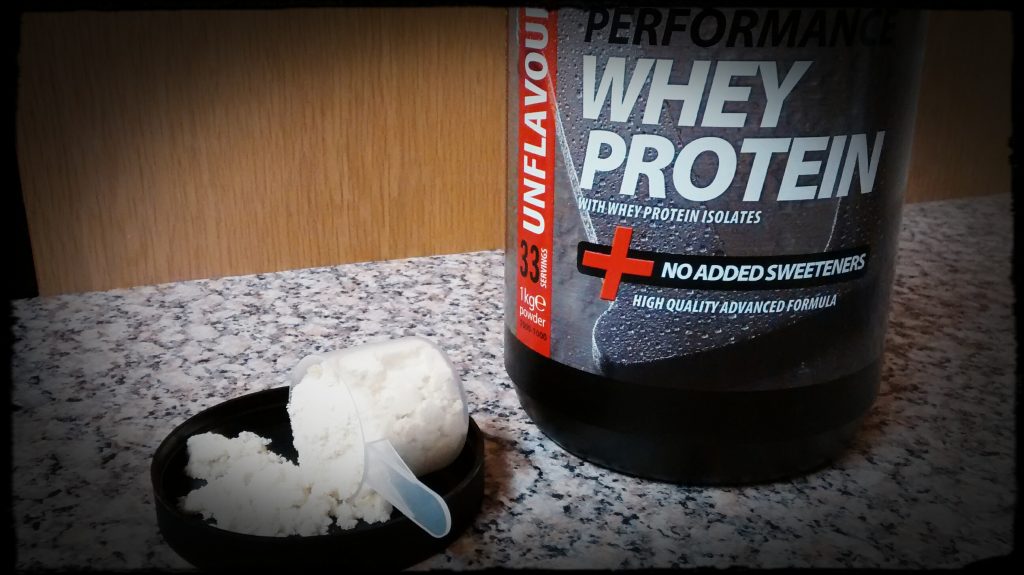 Muscle loss increases the risk of death in the elderly. The exact reason for this association is controversial, as it is not clear if the muscle loss is a cause of the higher risk of mortality or a symptom of the presence of other diseases. One possibility is that muscle loss results in impaired physical function, and this may have subsequent health effects in terms of flexibility, bone strength and the physiological regulation of bodily systems. However muscle loss may signify a general ill health and a slow deterioration of the physiology of the individual. Either way, the addition of new muscle tissue through resistance training has been shown to improve the quality of life in the elderly, and therefore current recommendations are for forms of resistance training to be performed by the aging individual. Resistance training not only produces increases in muscle mass but also produces significant improvements in flexibility and may increase mineralisation of bone, producing a stronger more functional muscular-skeletal foundation.
Muscle loss increases the risk of death in the elderly. The exact reason for this association is controversial, as it is not clear if the muscle loss is a cause of the higher risk of mortality or a symptom of the presence of other diseases. One possibility is that muscle loss results in impaired physical function, and this may have subsequent health effects in terms of flexibility, bone strength and the physiological regulation of bodily systems. However muscle loss may signify a general ill health and a slow deterioration of the physiology of the individual. Either way, the addition of new muscle tissue through resistance training has been shown to improve the quality of life in the elderly, and therefore current recommendations are for forms of resistance training to be performed by the aging individual. Resistance training not only produces increases in muscle mass but also produces significant improvements in flexibility and may increase mineralisation of bone, producing a stronger more functional muscular-skeletal foundation.

As well as providing improvements in muscle mass and strength when combined with resistance training, protein supplements may have other benefits. For example, whey protein contains proteins and peptides that may stimulate the immune system. In elderly individuals, such immune stimulation may significantly improve the quality of their lives. By increasing muscle mass, higher protein diets may increase metabolic rate, and this may increase quality of life through effects such as increasing body temperature or reducing fat tissue in overweight subjects.
Studies have investigated the effects of resistance training in the elderly and shown that it can increase structural core strength in the trunk, and well as improve muscle function and muscle mass in the arms and legs. However, one important finding of many of these studies is that gains in strength and muscle mass are improved when protein supplements are taken alongside the resistance training protocol. The effectiveness of these supplements shows that the normal habitual diets of these elderly individuals is not able to provide the required amount of protein to optimally stimulate muscle growth, and that therefore their normal diets are deficient in protein for their normal metabolic needs when resistance training is performed. Another way of looking at this is to suggest that the diets of the elderly may be deficient in protein, and this may be one reason that muscle mass declines with age. Clearly the addition of protein to the diet provides significant health improvements when combined with resistance training.
Eat Well, Stay Healthy, Protect Yourself
RdB
